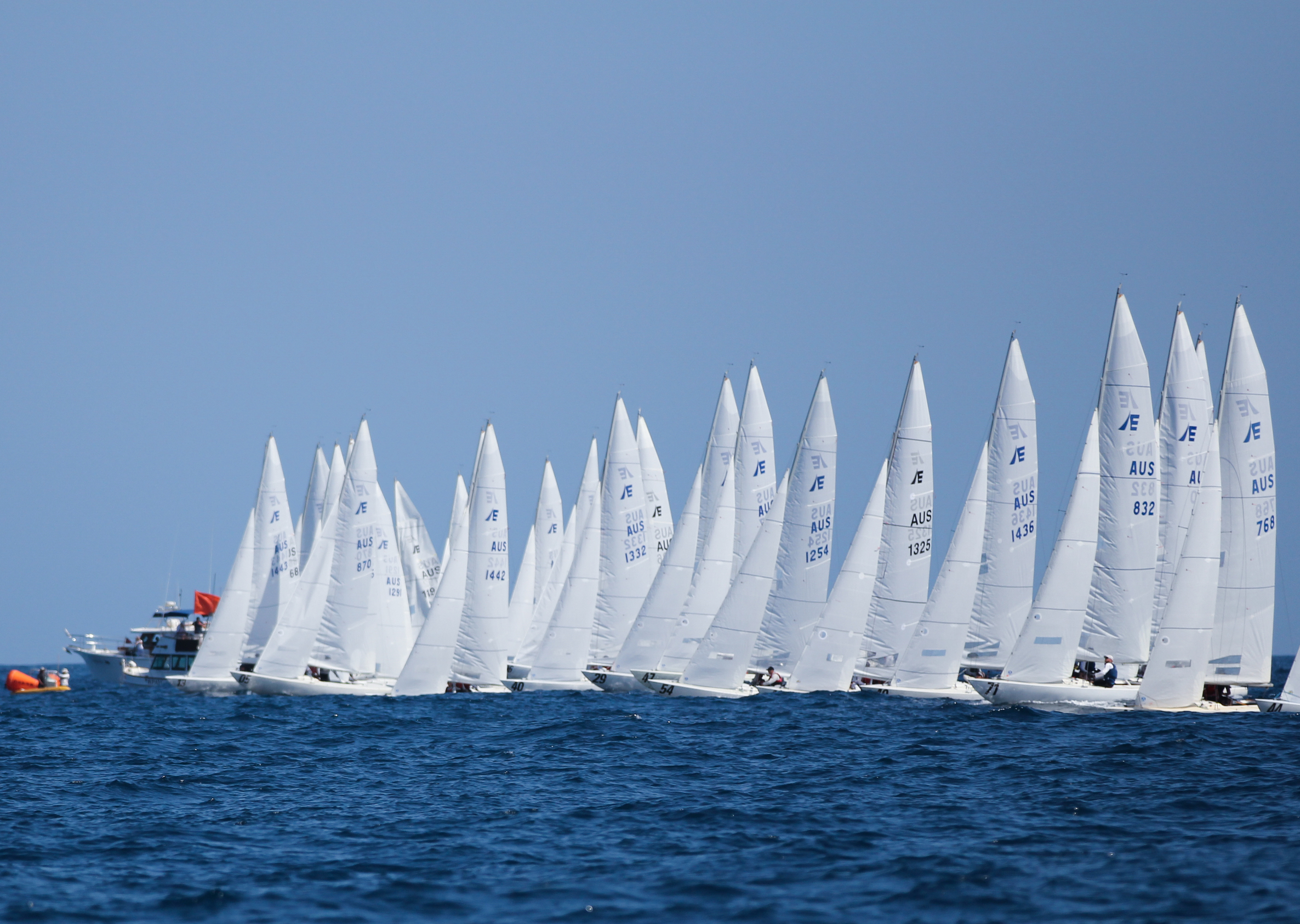

Psychology and Competitive Sailing. Where your equipment is the same as everyone else’s, there are only two ways to beat your opponent – through superior physiology (your size, weight and fitness) or through superior psychology (just about everything else!).
Psychology is perhaps one of the most neglected parts of sailing, your mental approach and the attitude you bring to your racing is one of the most effective ways of improving your results on the water.
Learning new mental skills will do you more good than buying a fancy new gadget for your boat and they won’t cost you a penny either.
Paul Elvstrom on Psychology
I am going to take the liberty of setting out below some dot points regarding Psychology and sailing from the great Paul Elvstrom.
- You must not believe that a fellow competitor is better than you. If he is currently sailing a little faster than you, you have to say to yourself that this is just happening at this moment, soon it will be my turn to be faster.
- You must try to put his past achievements out of your mind and you must concentrate on the race that you are in now. Many times we have seen an opponent who has let you past because he thinks you are better than him.
- In a regatta, it is important to sail in the practice races and to show your worth. Always arrive at a regatta a number of days before the event. Sail around the course and tune your boat. This will not go unnoticed by your adversaries.
Give Fellow Sailors a Complex
- When lining up against practice partners or other competitors sail your hardest. You can bet that your fellow competitors may get a complex about you.
- Many sailors get a complex about you and a simple thing like sailing hard on the run or beat out to the course will show others that you are a force to be reckoned with.
- You must always keep your spirits up and say you are hurting after a long beat just remember that so are your fellow competitors.
- If you are behind in the fleet and you are tired and hurting, remember so are the guys in front of you.
- If you get a bad start you must still go the way that is the fastest. You should not get flustered and start taking chances or going off on a flyer. Never do the opposite of what the leading boats are doing in the hope that you may pick up a little advantage.
Are You Going The Right Way?
- If you are sure the leading boats are going the right way then all you have to do is follow them. If you think they are going the wrong way, of course, you shouldn’t follow them.
- It is really important to recognise the difference between good and bad luck and also skill and good fortune.
- It is important that when you have a bit of good luck, recognise it for what it is. In the next race or leg you may not concentrate or think it through as thoroughly.
- Don’t keep clear of the better sailors on a run for fear of interfering with them. Compete hard and sail your own race taking all factors into account.

